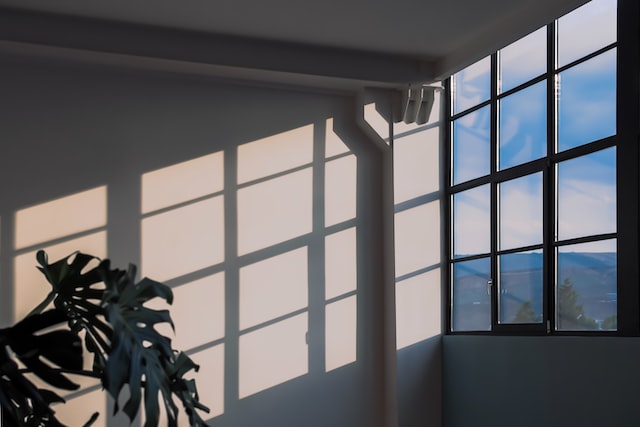When you are choosing window glazing for your home, you want to keep several things in mind, including the insulation of the glass. This will help prevent heat loss and also reduce the U-factor. You also want to look for low-emissivity (low-e) coatings on the glass, which will help control heat transfer. Here is some helpful information to know before choosing Glazing in Glasgow.
Low-E Coatings
Low-e coatings on glass can be a very effective way to control heat transfer. These coatings are often used in new construction and can also be used to retrofit windows. They can be manufactured in a number of different ways, and performance varies widely from product to product.
There are two primary methods of producing low-e glass. Both have their own advantages. The first method, a soft coat, is typically applied to the inside of a window. A second method, a hard coat, is used on the outside of the window.
Low-e films are another option, but these are not always effective. While these may be easy to apply, they do not cut down on drafts. In fact, some house plants can suffer from inadequate lighting when they are near the film. It is best to use a professional to install the film.

Insulating Glass
When choosing windows for your home, it’s important to know what a U-factor is. U-factors are used to determine how well insulated glass holds in air. Typically, a lower U-factor will reduce the heat loss from the window.
It’s possible to lower the U-factor of windows by incorporating advanced features into the design. These include tints, low-emissivity coatings, and inert gases. By adding a little bit of extra insulation, your windows can be more energy efficient and less costly to operate.
The best way to determine whether a window has a low U-factor is to look at the cost of heating and cooling the room. If you live in a hot climate, it’s important to keep your heating costs down. However, if you live in a cold climate, a lower U-factor can help your windows hold in the warmer air.
Controlling Solar Heat
Low-e coatings on glass are manufactured to control solar heat gain. This helps to improve the thermal efficiency of a window and also to prevent radiation from entering the building. The main factor to consider is the SHGC (Solar Heat Gain Coefficient).
SHGC is a measurement of the amount of solar energy that comes through the window. It is generally between 0.25 and 0.8. Optimal solar heating depends on the local climate and the orientation of the window.
Solar control low-e coatings are made using a process called Magnetron Sputter Vapor Deposition (MSVD). They are applied to the inside surface of the glass after it has been hardened.

